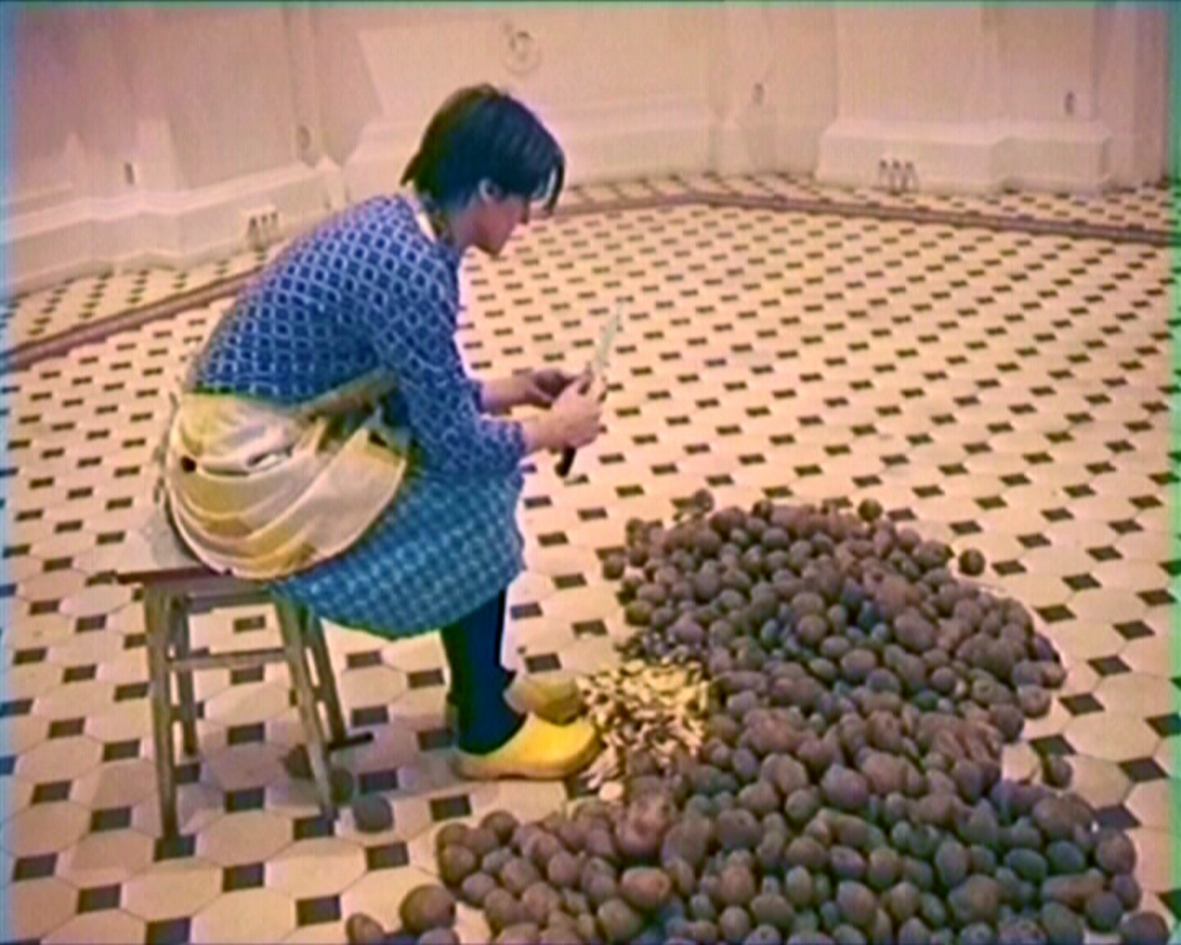Private Vocabulary, Public Resonance
On Miyazaki's The Boy and the Heron
DOI:
https://doi.org/10.58519/gwg0a370Keywords:
Pragmatism, Existentialism, Miyazaki, Narrative LogicAbstract
The latest film by Hiyao Miyazaki, The Boy and the Heron, unfolds in unexpected and occasionally baffling ways. The film’s second half, especially, takes place in a world that appears to abide by a distinct narrative logic than that which viewers are familiar with. I discuss this as an instance of Miyazaki creating and working within a private, authentic vocabulary, as has been described in Existentialist and Pragmatist traditions. Specifically, I analyze its filmic language as an alloy of the memories, imagined possibilities, and losses of two of its characters, and why this depiction is so affecting.
Downloads
References
Booth, Wayne C. The Rhetoric of Fiction. Chicago: University of Chicago Press, 1961.
Fennessey, Sean, Amanda Dobbins, Andy Greenwald, and Charles Holmes. ‘The Boy and the Heron’ and Top Five Miyazaki Movies. Plus: An ‘Anatomy of a Fall’ Deep Dive. The Big Picture, 2023. https://www.theringer.com/2023/12/13/23999424/the-boy-and-the-heron-top-five-miyazaki-movies-anatomy-of-a-fall-deep-dive.
Rorty, Richard. Contingency, Irony, and Solidarity. Cambridge: Cambridge University Press, 1989.
Sartre, John-Paul. “Introducing ‘Les Temps Modernes.’” In “What Is Literature?” And Other Essays, translated by Jeffrey Mehlman. Cambridge: Harvard University Press, 1948.
Tallerico, Brian. “The Boy and the Heron Movie Review.” RogerEbert.com, December 6, 2023. https://www.rogerebert.com/reviews/the-boy-and-the-heron-movie-review-2023.
Downloads
Published
Issue
Section
License
Copyright (c) 2024 Gabriel Thomas Tugendstein

This work is licensed under a Creative Commons Attribution 4.0 International License.
Authors who publish with this journal agree to the following terms:
Authors retain copyright and grant the journal right of first publication with the work simultaneously licensed under a Creative Commons Attribution License that allows others to share the work with an acknowledgement of the work's authorship and initial publication in this journal. Note: up to volume 4 issue 1, an incorrect copyright line appears in the PDFs of the articles.
Authors are able to enter into separate, additional contractual arrangements for the non-exclusive distribution of the journal's published version of the work (e.g., post it to an institutional repository or publish it in a book), with an acknowledgement of its initial publication in this journal.
Authors are permitted and encouraged to post their work online (e.g., in institutional repositories or on their website) prior to and during the submission process, as it can lead to productive exchanges, as well as earlier and greater citation of published work (See The Effect of Open Access).






